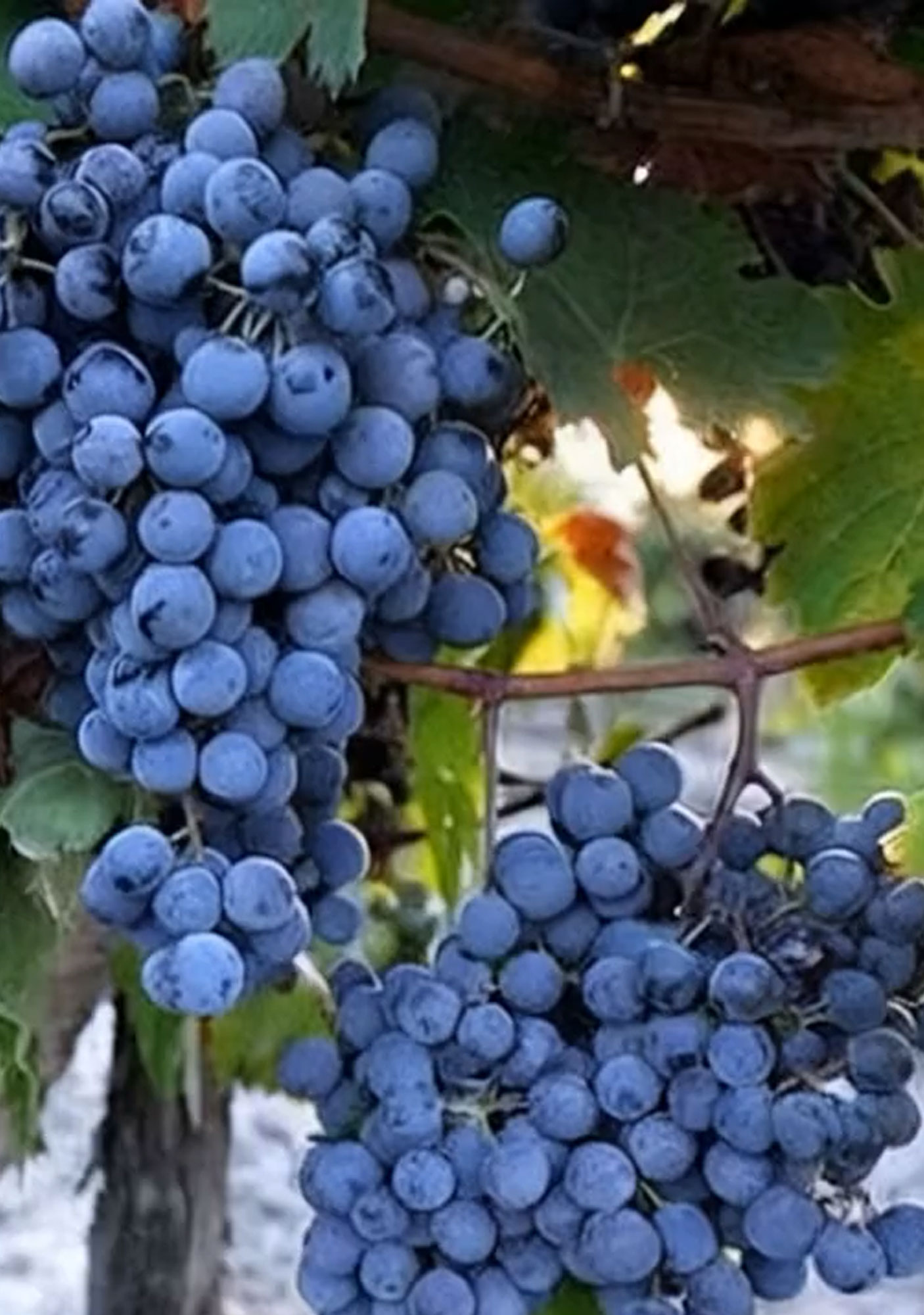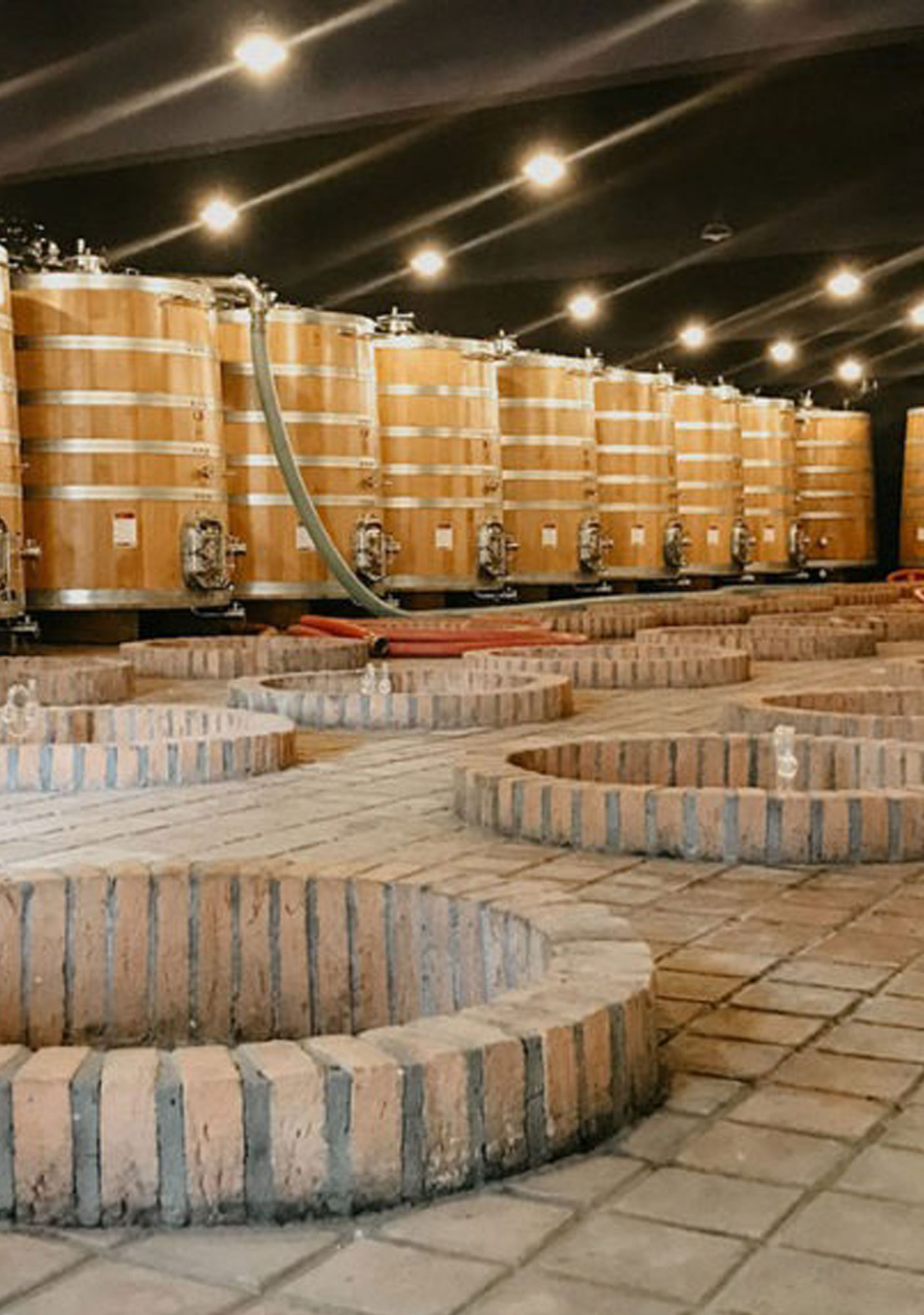Georgia holds an unparalleled distinction in the world of winemaking—it is widely regarded as the “Cradle of Wine.” With a winemaking history that spans over 8,000 years, Georgia is one of the oldest wine-producing regions on Earth. Archaeological discoveries reveal that ancient Georgians were among the first to domesticate grapevines and develop advanced fermentation techniques. This remarkable legacy has not only shaped Georgia’s cultural identity but has also deeply influenced the global history of wine.
The unique geography of Georgia plays a fundamental role in its winemaking prowess. From the towering Caucasus Mountains to the lush river valleys and fertile plains, Georgia’s diverse landscapes offer an abundance of microclimates perfect for grape cultivation. The country’s rich soil, varying altitudes, and temperate climate create ideal conditions for viticulture, giving rise to an array of indigenous grape varieties. Many of these varietals, such as Saperavi, Rkatsiteli, and Tsinandali, are not found anywhere else in the world, making Georgian wine a true celebration of biodiversity.

Throughout the centuries, Georgia has preserved and protected these ancient grape varieties, ensuring that the unique character and authenticity of Georgian wine remain intact. This commitment to preserving its viticultural heritage has set Georgia apart as a country where tradition meets innovation—where centuries-old winemaking methods continue to thrive alongside modern techniques.
But Georgian wine is more than a product; it is deeply woven into the country’s social and spiritual fabric. Wine is revered not only as a symbol of hospitality but also as a manifestation of friendship, kinship, and spirituality. From grand feasts to religious rituals, wine has been at the heart of Georgian life for millennia. As wine lovers around the world discover the treasures of Georgia’s ancient winemaking traditions, they join a legacy that stretches back to the dawn of civilization.

In Georgia, wine is not merely a drink—it is a way of life, a cultural cornerstone that is central to the nation’s identity. The deep connection between wine and Georgian culture is evident in all aspects of life, from social customs to religious practices. One of the most significant manifestations of this connection is the supra, a traditional Georgian feast where wine flows freely, and the bonds of friendship and family are celebrated with exuberant toasts, songs, and rituals.
At the heart of every supra is the tamada, or toastmaster, who leads the gathering with poetic toasts that range from heartfelt tributes to the whimsical and humorous. These toasts, accompanied by traditional folk songs, dances, and lively conversation, elevate the act of wine drinking into a communal celebration of life, love, and joy. The supra serves as a reminder of the importance of wine in fostering social connections and preserving the deep-rooted traditions of Georgian hospitality.
Beyond its social significance, wine also plays an essential role in Georgian religious practices. Since the arrival of Christianity in Georgia in the 4th century AD, wine has held a sacred place in religious rituals. Wine is used in the Eucharist, symbolizing the blood of Christ, and many ancient Georgian monasteries have historically played a key role in cultivating vineyards and producing wine for religious ceremonies. Even today, monks in some Georgian monasteries continue to make wine using the same methods that have been passed down through centuries.
In addition to its religious and social roles, wine has a spiritual and familial significance in Georgian homes. Most families maintain a marani, or wine cellar, where they ferment and age their own wine, often using Qvevris—large, clay vessels that have been used for winemaking since ancient times. The marani is considered one of the holiest places in a Georgian household, and the tradition of family-based winemaking ensures that each generation remains connected to its ancestors and to the land.
The profound importance of wine in Georgian culture is not simply historical; it is a living tradition that continues to thrive in every aspect of Georgian life. From ancient monasteries to modern family cellars, from religious rituals to lively feasts, wine is an enduring symbol of Georgian identity, binding generations together in a shared reverence for the vine.
In 2013, Georgia’s ancient tradition of making wine in Qvevri was inscribed on UNESCO’s Representative List of the Intangible Cultural Heritage of Humanity. This prestigious recognition celebrates not only the uniqueness of the Qvevri winemaking method but also its significance as one of the world’s oldest and most distinct winemaking traditions.
The Qvevri—a large, egg-shaped clay vessel—has been used for over 8,000 years to ferment and age wine. Buried underground, these vessels maintain a stable, cool temperature, allowing for a slow, natural fermentation process. Wines made in Qvevris are renowned for their complex structure, enhanced tannins, and deep, earthy flavors. This method of winemaking is seen as the purest expression of Georgian viticulture, connecting modern-day winemakers with their ancient ancestors.

The UNESCO recognition underscores the cultural and historical importance of the Qvevri method—not just for Georgia, but for the entire world. Qvevri winemaking is more than just a technical process; it is a community tradition passed down through generations. Every year during the harvest, families and communities gather to participate in the winemaking process, ensuring that the knowledge and techniques of Qvevri production are preserved for future generations.
UNESCO’s recognition of Qvevri winemaking has brought international attention to Georgian wine, leading to a resurgence of interest in the country’s ancient winemaking traditions. Today, wine lovers around the globe are discovering and appreciating the authenticity and history of Georgian wines, particularly those crafted using the Qvevri method. This global recognition has not only affirmed Georgia’s role as the cradle of wine but has also elevated its wines to the global stage, where they are celebrated for their depth, character, and cultural significance.
As the world turns its gaze to Georgia’s ancient winemaking heritage, Georgian Legacy is proud to be at the forefront of this renaissance, honoring the traditions of the past while crafting wines that speak to the present and future. Through the preservation of the Qvevri method, the celebration of indigenous grape varieties, and the enduring cultural importance of wine, Georgia’s rich winemaking history continues to thrive, offering wine lovers a taste of history with every glass.